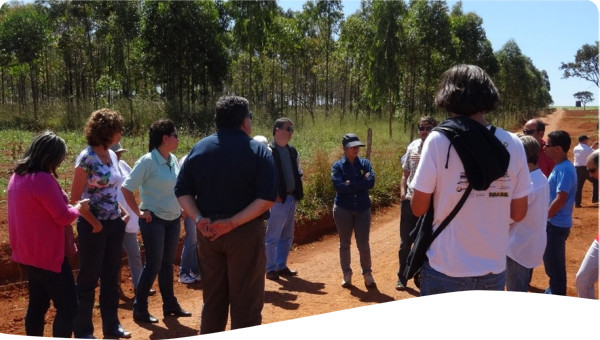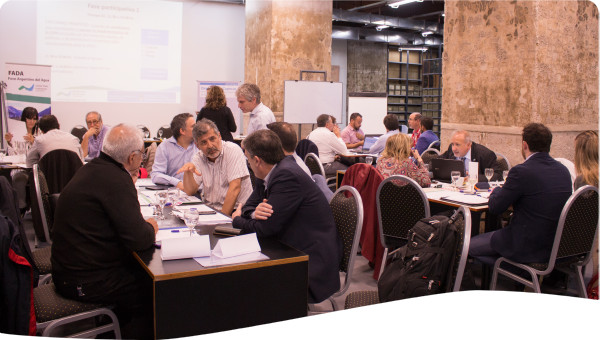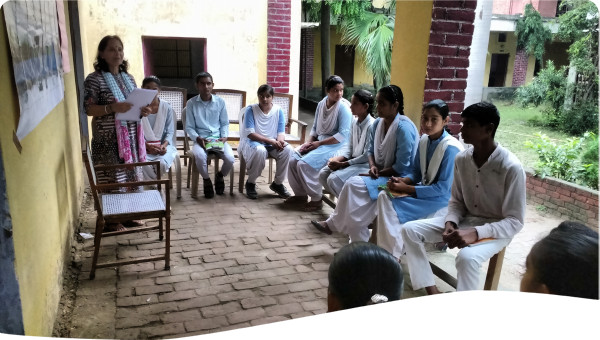The district of Cameron Highlands is subjected to a range of environmental problems, ranging from landslides, mudslides, erosion, siltation to water woes. Action was taken by the WWF advocating sustainable highland development to safeguard Cameron Highlands delicate ecosystem. Furthermore, through community initiative, the Regional Environmental Awareness of Cameron Highlands was created. This case highlights the value of cooperation between NGOs and community initiatives.
Cameron Highlands is located on the Main Range, Peninsular Malaysia’s remaining continuous pristine forest block. The highland forests on the Main Range are important natural water towers that serve as water catchment areas for a large part of the Peninsular Malaysia. The district of Cameron Highlands, in the State of Pahang and located on the Main Range, has been developed as a tourist destination and for temperate agriculture farming since the 1930s.
In the pursuit to further capitalize on Cameron Highlands the rapid expansion of tourism infrastructure and agricultural areas (both legal and illegal) has caused an ever increasing threat to natural resources which are now in danger of being over exploited. This has induced environmental problems (landslides, mudslides, erosion, siltation to water woes). The local residents have been adversely affected by these problems. The rugged terrain and steep slopes that characterizes its topography makes the area highly susceptible to soil erosion and landslides. The excessive usage of pesticides and fertilizers for agriculture is causing pollution to water bodies in Cameron Highlands.
Additionally, there is frequent water supply interruption both during peak tourist seasons when water demand increases and during periods of heavy rainfall when river water quality deteriorates due to increased soil erosion and sedimentation. In addition, the ecological functions of Cameron Highlands as a water catchment area and habitat for biodiversity have also been jeopardized.
In 1999, WWF-Malaysia, established a partnership with the local community in advocating sustainable highland development to safeguard Cameron Highlands’ delicate ecosystem. WWF-Malaysia succeeded in mobilizing the local community to establish a community-based organisation called Regional Environmental Awareness of Cameron Highlands (REACH) which was founded in 2001.
WWF-Malaysia provided technical assistance in capacity building and facilitated in harnessing the efforts of different stakeholders while REACH coordinated community participation in the planning, implementation and evaluation of activities.
REACH and WWF-Malaysia jointly have managed to create nation-wide awareness through media publicity on the environmental issues relating to water catchment in Cameron Highlands and encouraging the community to voice their concerns. The joint efforts by both parties have also contributed towards influencing the Government’s decision to place sustainable development of the highlands high on its agenda. These initiatives included water quality monitoring on tap water sampled at various locations in Cameron Highlands, which commenced in May. A private water-testing laboratory was engaged to assist in analysing the water samples and interpretation of the results. Prior to starting the water quality monitoring, WWF-Malaysia facilitated the training of REACH members by inviting representatives from the laboratory to conduct a talk and demonstration on water testing. REACH members also learned to scrutinize Environmental Impact Assessment (EIA) reports, which enabled them to make constructive comments on the EIA of a proposed residential project in Cameron Highlands.
This case highlights a win-win partnership between a local community group and a scientific, environmental based NGO in raising awareness on development and environment issues in the highlands. The overall environmental outcome from this partnership is that it has led to actions that promote policy and administrative changes at the Federal and State Governments levels for better management of the highlands as water catchments. The empowerment of local community like REACH in knowledge base and skills is an important pre-requisite that leads to self-mobilized community actions. The ultimate goal, however, would be to ensure that the policy and administrative changes promoted through this partnership are translated into effective and continuous implementation on the ground.
Unbalanced publicity that is slanted too much in favour of local community groups can create strong feelings of not being given sufficient opportunity to explain on the part of the government, which can cause tension between community and government.
NGO interventions are beneficial in terms of providing support for building local community capacity, facilitating stakeholders’ dialogues and creating synergy of existing efforts by different stakeholders.
NGOs can play a catalytic role in motivating communities to become united under their own society and facilitate them in monitoring, addressing and communicating key local water related issues to relevant target audiences.
Engaging partnerships among main stakeholders is vital to overcome capacity constraints in tackling problems and addressing issues that cannot be resolved in isolation by individual stakeholders.
Collaborating with the media, the use of appropriate communications tools and balanced publicity can help in facilitating awareness efforts and in advocating for positive policy changes.
 Case studies
Case studies


